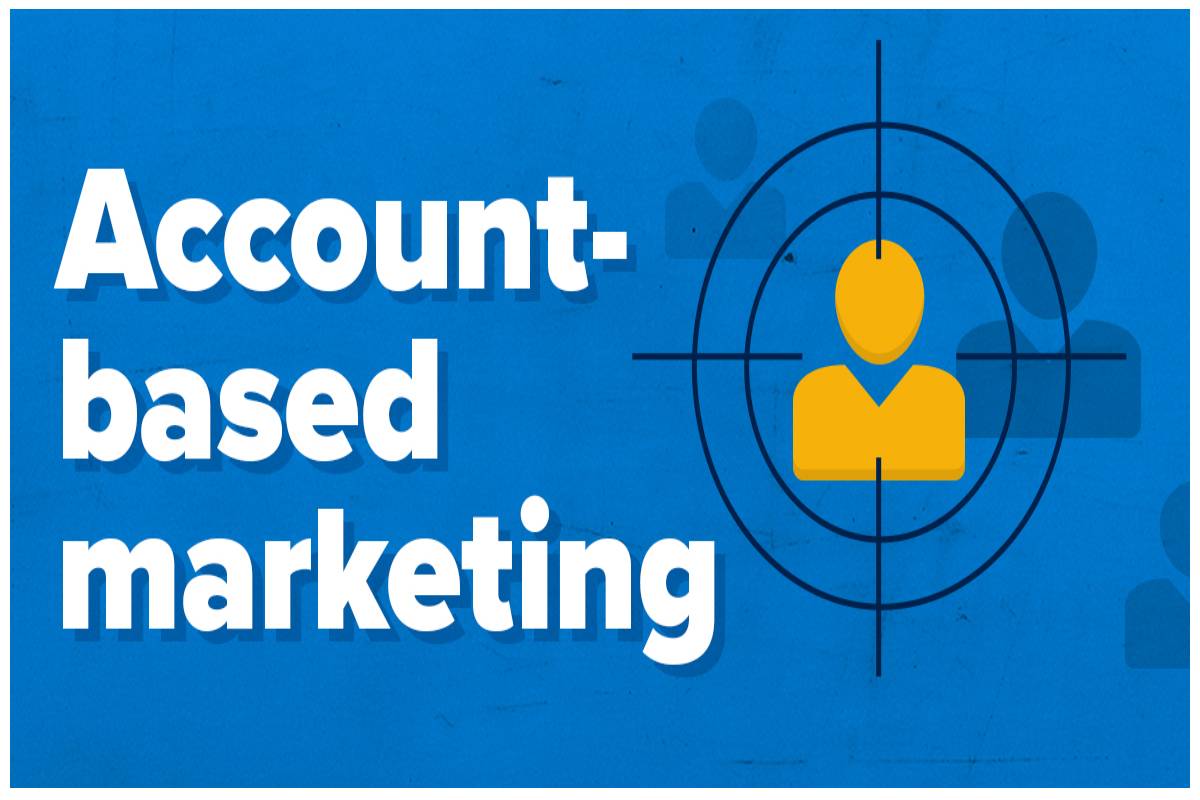Table of Contents
What is Account-Based Marketing?
From the B2B marketing department, very general campaigns are often created to reach as many companies as possible in a target market. Account-based marketing is an alternative to B2B strategies that focuses marketing and sales resources on a well-defined series of target accounts within a market, with personalized campaigns designed to connect with each account.
With ABM the marketing message focuses on the specific attributes and needs of a given account, hence its name.
According to 975, the ABM offers superior or far superior profitability than other marketing initiatives.
Who Uses Account-Based Marketing?
Many companies, especially those that want to attract specific high-value customers, have found that they achieve better results with an ABM strategy than with a generalized focus on their marketing and sales campaigns.
ABM requires more customization at the account level. So the cost of implementing it used to be higher than traditional marketing. However, technological advances in the marketing industry allow teams to use ABM for much less and on a much larger scale.
Top 5 Benefits Of Account-Based Marketing
- Clear profitability: An effective ABM translates into good results for your business. In fact, compared to other marketing initiatives, ITSMA’s 2014 account-based marketing survey found that “ABM outperforms any other B2B marketing strategy or tactic.”
- Leveraging resources: Being so specific, ABM enables the marketing team to make the most of resources. And create marketing programs that specifically optimized for the target accounts.
- Personal and optimized: Account-based marketing strategies include customizing messages and communications direct to specific accounts in order to get campaigns to connect with the target audience. Customers are more likely to respond to content created specifically for them. That is of interest to their business and that well adapted to the phase of the purchase process.
- Simple goal and statistics control: When analyzing the effectiveness of campaigns, whether through emails, advertisements, websites, or events. It is easier to draw clear conclusions with a specific selection of accounts than with a large data set.
- Sales Coordination Made Simple: ABM is one of the most efficient ways to coordinate sales and marketing. This is mainly due to the fact that when creating an ABM program. The marketing team thinks much like the sales team: it focuses on accounts. How to connect with them, how to attract them, and how to generate income through them.



